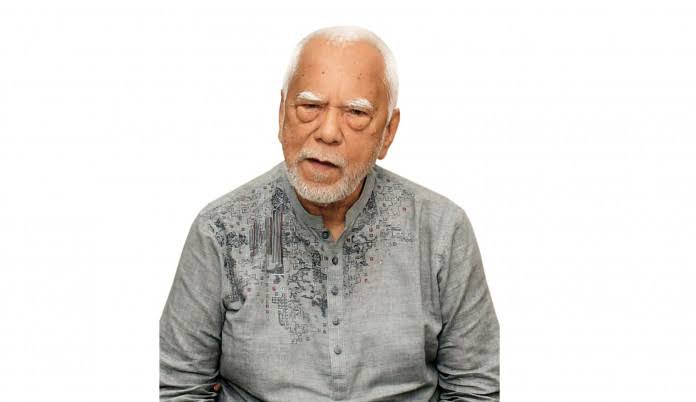Staff Correspondent
Published:2025-05-20 15:22:10 BdST
NBR strike deepens revenue crisis, threatens fiscal stability: Economists
Bangladesh’s fiscal stability faces mounting pressure as a pen-down strike by National Board of Revenue (NBR) officials exacerbates an already significant revenue shortfall, said economists.
“Of course, revenue collection is being hampered due to the pen-down strike,” eminent economist Professor Abu Ahmed, also the Director and Chairman of the Investment Corporation of Bangladesh, told UNB on Tuesday.
He, however, said it is justifiable for government officials in such high positions to resort to strikes.
Responding to a query about possible ways to recover the losses, Abu Ahmed said there is no scope to recoup the losses incurred.
The strike, initiated in response to the government’s recent decision to dissolve the NBR and establish two separate entities—the Revenue Management Division (RMD) and the Revenue Policy Division (RPD)—has disrupted tax collection processes nationwide.
The government’s move to restructure the NBR, formalised through a presidential ordinance on May 13, 2025, aims to enhance efficiency in revenue collection and policy formulation.
However, the abrupt transition has been met with resistance from NBR employees, who express concerns over job security and the potential dilution of their roles within the new framework.
The pen-down strike has led to significant delays in processing tax returns, customs clearances, and VAT collections.
This industrial action compounds existing challenges in revenue mobilisation. In the first half of the fiscal year 2024–25, the NBR reported a 25 per cent decline in revenue collection compared to the same period in the previous year, amounting to a shortfall of approximately Tk 577.24 billion (Tk 57,724 crore).
The revenue collection target up to March 2025 was Tk 3.22 trillion (Tk 322,151 crore), while the collection stood at Tk 2.56 trillion (Tk 256,486 crore).
The downturn is attributed to a combination of political unrest, decreased imports, and systemic inefficiencies within the tax administration.
Economists warn that the ongoing strike could further impede revenue collection efforts, potentially widening the fiscal deficit.
The Centre for Policy Dialogue (CPD) projects that if current trends persist, the revenue shortfall could reach Tk 1.05 Tk (Tk 105,000 crore) by the end of the fiscal year.
Such a deficit may compel the government to curtail public expenditures or increase borrowing, thereby affecting economic growth and development initiatives.
In response to the crisis, Finance Ministry officials have initiated dialogues with representatives of the striking employees to address their grievances and facilitate a smooth transition to the new organisational structure.
Additionally, the government is exploring interim measures to maintain essential revenue collection functions during the strike.
The situation remains fluid, with stakeholders closely monitoring developments.
The resolution of the strike and the successful implementation of the new revenue divisions are critical to restoring confidence in Bangladesh’s fiscal management and ensuring the continuity of essential public services.
“There’s no doubt the pen-down strike has caused losses,” a senior NBR official told UNB news agency on condition of anonymity.
“But once the situation is resolved, much of that can be recovered, as the pending revenue tasks will still need to be completed. If an amicable solution is reached soon, covering the shortfall shouldn’t be a major challenge,” he added.
Unauthorized use or reproduction of The Finance Today content for commercial purposes is strictly prohibited.


